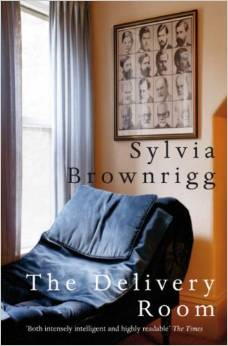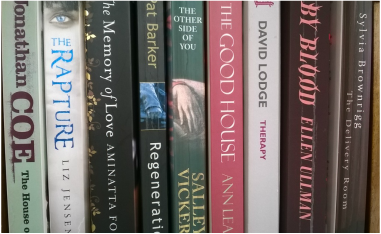
This is a beautiful novel about what it is to be human: about birth and death; grief and yearning; and the boundaries between public and private. It’s about conflict, from minor misunderstandings to the fragmentation of nations and all-out war. It’s about national identity, about insiders and outsiders and the risks entailed in genuinely getting to know another human being. Like therapy itself, it’s a gentle novel woven with textured detail, absorbing and gripping while proceeding patiently, eschewing formulaic tropes and attention-grabbing gimmicks, towards some deeper truth.
The narrative progresses from multiple points of view. Although, at least initially, I balked at the head hopping, it’s successful in both adding layers of nuance to the story and in highlighting one of the most interesting aspects of the therapeutic relationship. Each of Mira’s patients meets a plump woman in late middle age with an Eastern European accent, but what they make of this varies with their own personalities and needs. One perceives her as maternal; another sees a Russian or Czech intellectual; the one who comes closest to seeing her as she really is snipes at her for being a Serbian at the time of the Balkan conflict. Yet there’s a touch of humour in their different assumptions about the abstract painting hanging on her wall.
Despite these threats to the therapist’s credibility, this novel paints a convincing picture of the therapeutic encounter, reminiscent of Stephen Grosz’s collection of anonymised case studies, The Examined Life. The therapist doesn’t offer the bereaved false hope or platitudes (p82):

When I began this series just over a year ago, I plucked a number out of the air, and had no idea whether I’d find nine fictional psychologists or psychotherapist to write about. So it’s quite a milestone to have completed my ninth with still a few waiting in the wings to come under my spotlight. So I intend to continue with this series but, before moving on to berating yet another imagined therapist, I’m planning a summary post taking up the challenge posed by Charli Mills in commenting on my review of By Blood, to offer some guidelines on writing more credible therapists . In the meantime, do have a look at any of the other posts in this series you might have missed. Now, over to you …





















 RSS Feed
RSS Feed





















